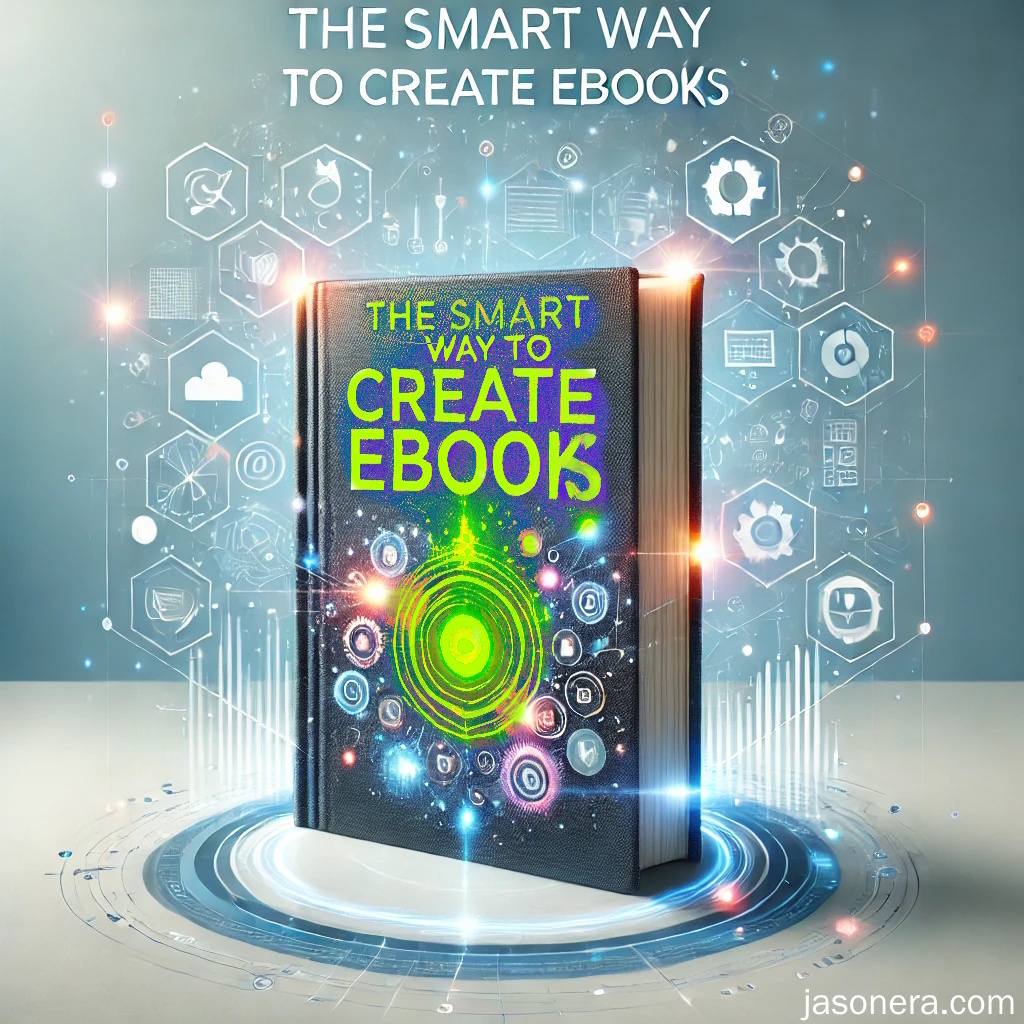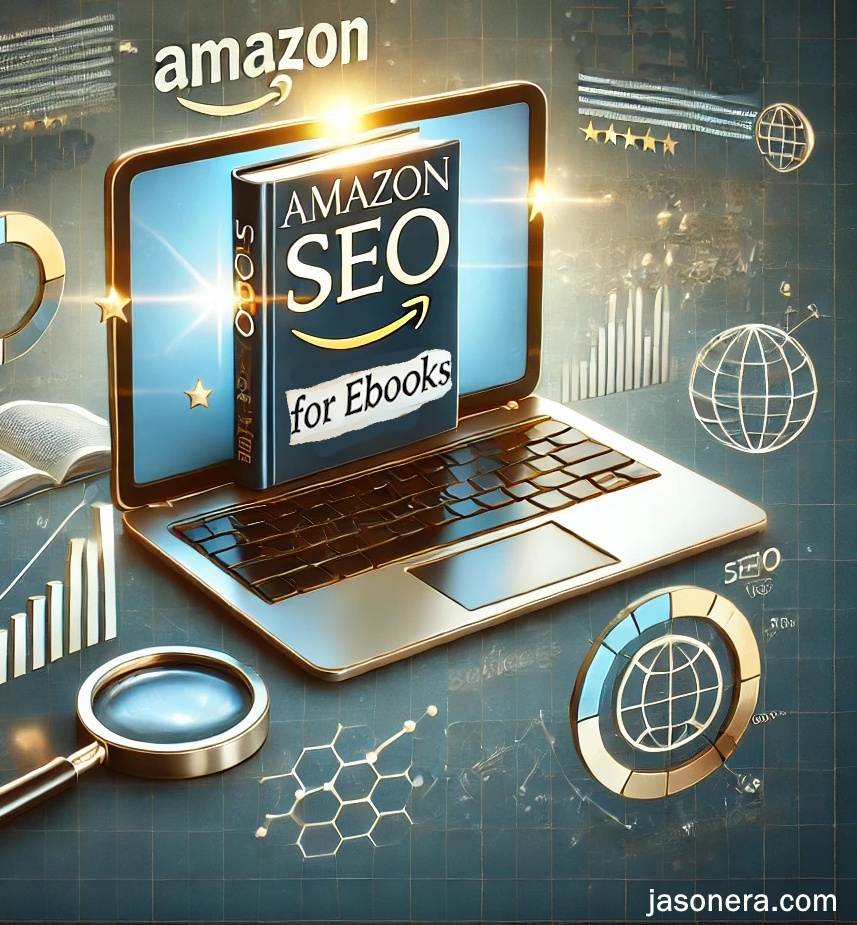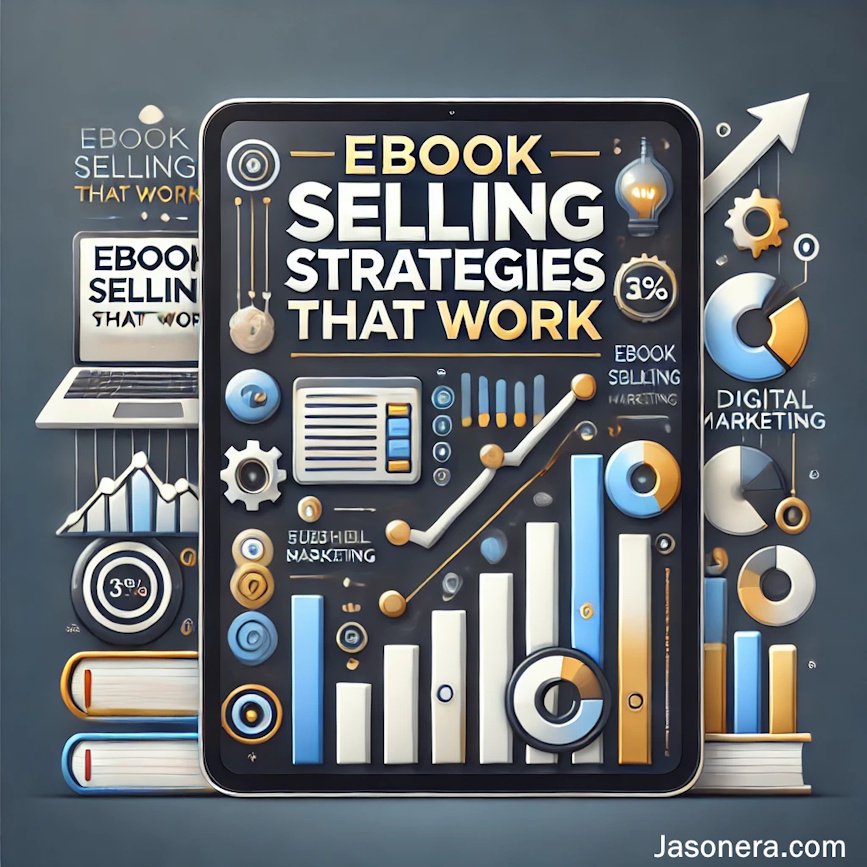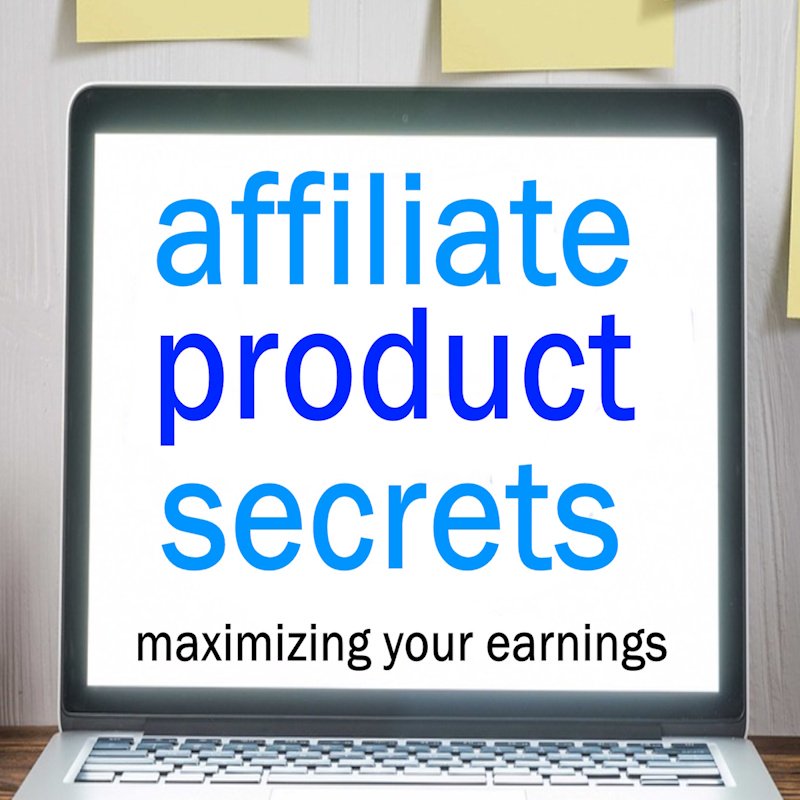Sales Funnels For (Affiliate) Selling
We have all heard about sales funnels. It works on the basis that you throw in loads of customers at the big top of the funnel then they filter down. Some may buy from the start but as you go down the funnel “customers” get thinned out to those who really want your stuff and become loyal.
Everyone talks about the funnel in different ways:
- “You must have funnel systems in place”.
- Marketing funnel.
- “Your money comes through the funnel!”
- “Business person A started by building a series of awesome direct content marketing pieces that are directed to landing pages. These pages can interact with the customer through posts/ video, graphics etc. Then they fill out an email form for more information about the product”
- See ad > click on ad > funnel page-> action -> thank you email
Some people interpret the funnel as a system where a lot of people will buy the basic products at the top, but the further you go down the less the amount of people will be buying the bigger ticket items.
However, the funnel can be anything you want it to be. It doesn’t matter. It could be who comes onto a page, who reads it and then who subscribes. The funnel looks like this:
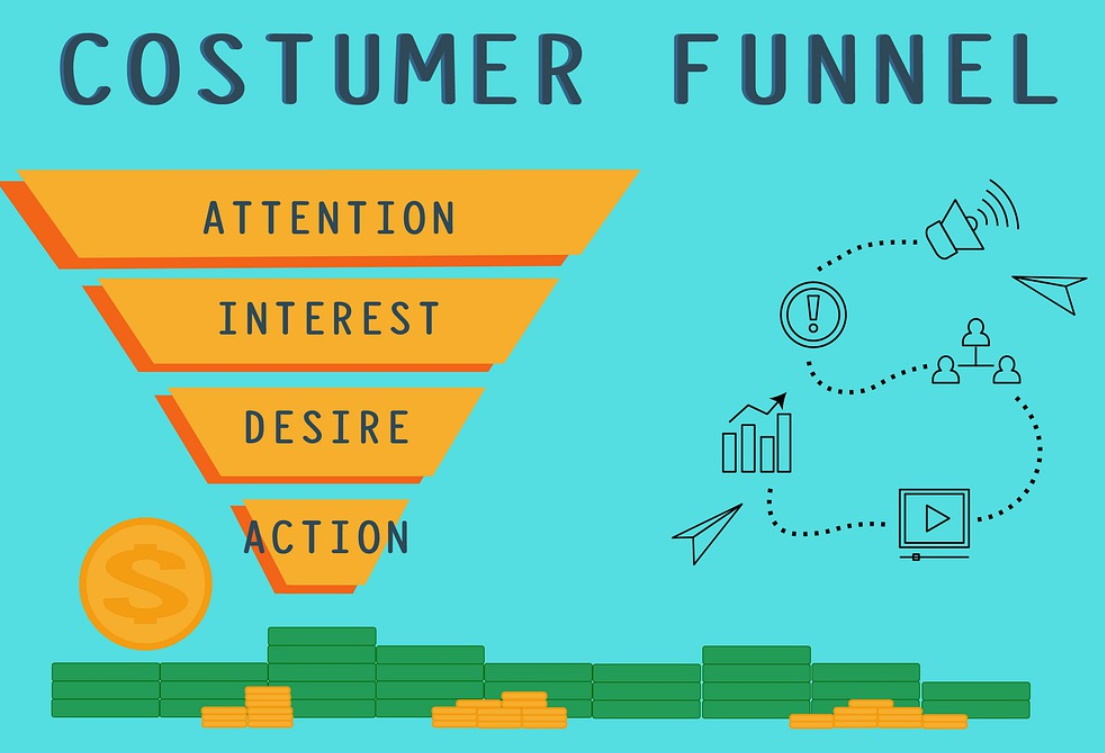
This is the most common funnel that people will reference. It has all the cool words and it looks super easy to understand.
Leakage
But what this picture doesn’t show is the leaks between each segment. In the above picture there are 4 types of leakage.
- You get your customers attention. This can be a report, SEO link to your site, a paid ad, a video. Something that allows them to lift their head above the online noise. You could have targeted the wrong people and you leak out traffic. Leak 1.
- You pique their interest with your content. Does it “speak to them”. Have you done your job in your ad? If not, the content will not help convert that person and they leave. Leak 2.
- Now you have touched upon a desire (to be better, successful, beautiful etc). The visitor believes you, they reach for their credit card. Or not. Leak 3 means that the content might be good but it doesn’t touch their desire enough for a wanted action- to buy, subscribe etc
- They love you, this is it, they bought/ subscribed etc. Now you can have a relationship with this visitor if the process goes well. If there is a hump then we end up in leak 4. Left shopping cart, returns/ refunds.
So it might be cool to think that people go down this funnel and buy buy buy! But in reality they don’t. They go forward slowly or they leak out. Funnel part 2.
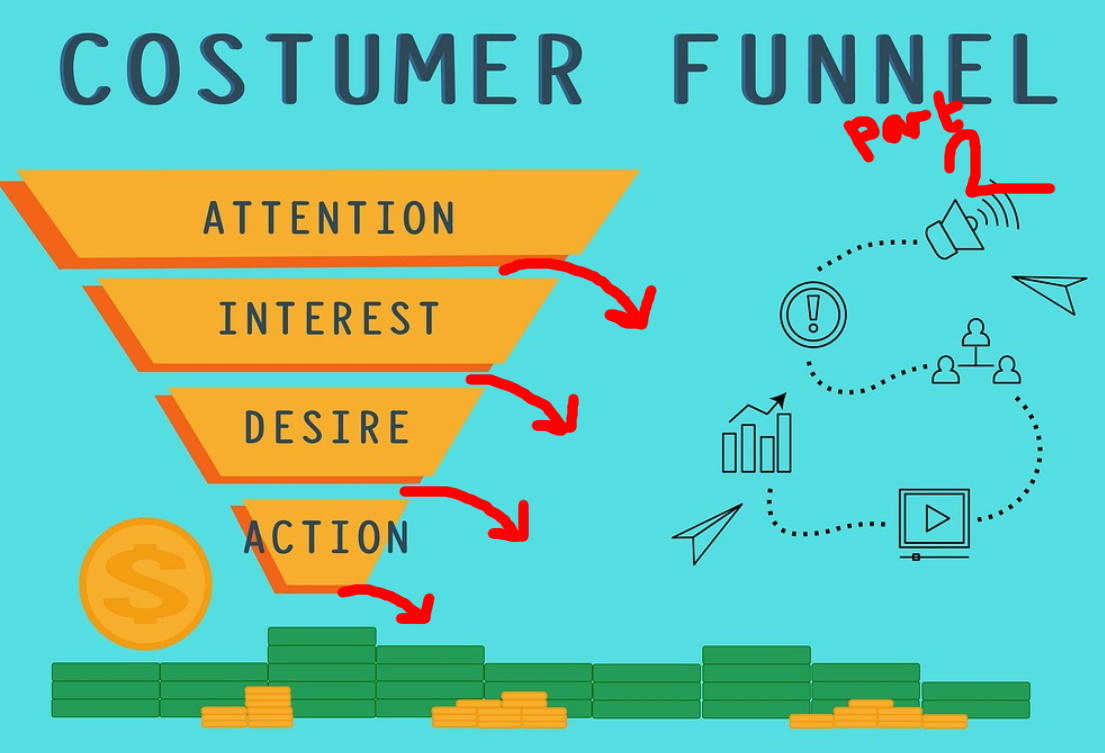
The only way you can figure out why are they leaking is to follow them, track that interaction. If you did it, you would know the flaws. Track them through Analytics. Why?
Because you can throw in all the traffic you want at the top of sales funnels but if it has huge leaks then the traffic is being wasted and you are going to lose money. Your CTR- the amount of people clicking through your link to your “sales page” is not the most effective metric. It is the goal at the end which is.
100 people clicking on your link out of 200 people shown looks awesome. And it is, you have got something seriously right. But if out of those 100 people 1 person buys then there is some serious leakage. Therefore:
- your ad now could be wrong (too much expectation and no substance?)
- your copy could be wrong
- you are not pre/selling well enough
Being online is due to effectiveness of processes- that’s all. How effective are my processes that do X, Y or Z.
But. You can also get people coming into the funnel from other places- especially if the funnel isn’t sealed off to the outside world and you are not directly figuring out what traffic is coming from where.
So an email that is directly sent from you to your subscribers is an Internal Sales Force. However if that email gets forwarded to a friend of a subscriber (which is a good idea as long as you have links within the email to say where the subscriber button is) then that is an External Sales Force. But you will think that your subscriber has just bought and not an external party. This is the funnel part 3.
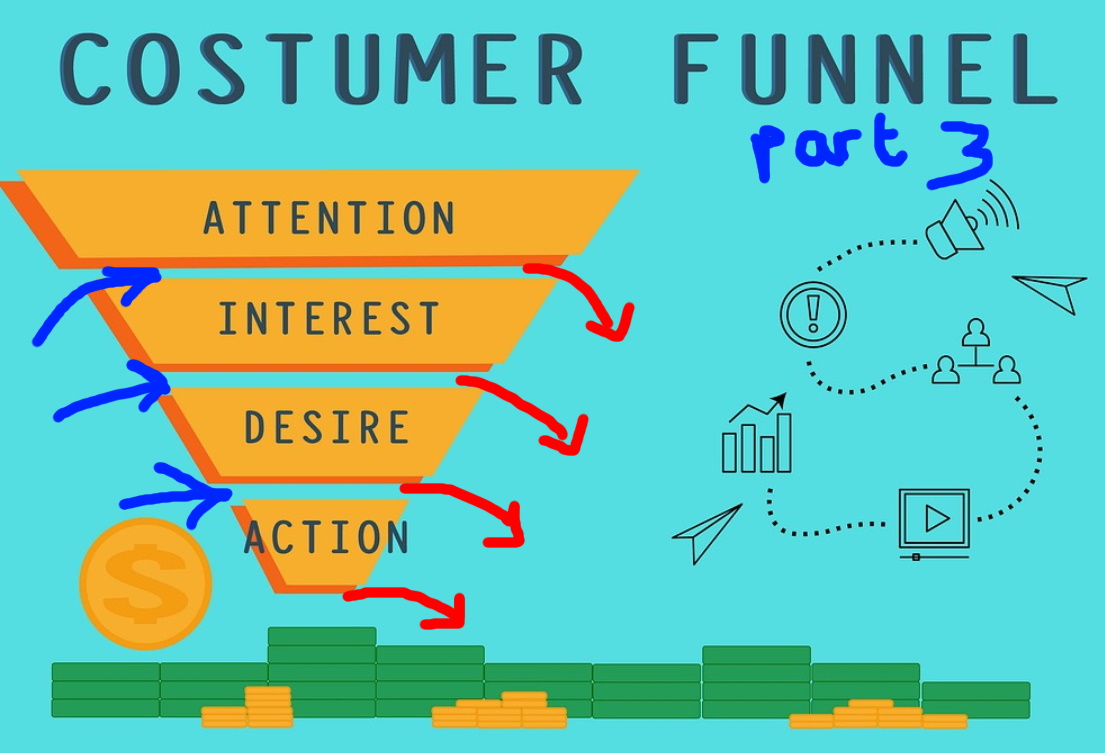
How about if you have a sales page that is SEO friendly then you start to add in paid placement, content collectors, some social sites? It starts then to get complicated, nice but complicated. So you have to track each person coming into your site to figure out which source is generating the best leads.
What most people do is become really cool at one source of traffic. Then they start to find out their talents (obviously graphics is not mine). Then they figure out which 3rd party would fit those talents. Then they become cool at that.
Remembering that these additional sites are just that. Additional. They play no part in the running of your site- they are adjuncts. If they go tomorrow, your site will be OK.
But for me, the sales funnels can be interpreted in many different ways.
Sales funnels: adding a second one
Seth Godin came up with the notion: what if you turned the funnel on its side? Then it becomes a megaphone. Your customers now become your marketers- the best marketers because they are not paid to market for you. That funnel system is what is wrong with many people who promote a product- they don’t particularly get out of the way so that people who have bought from them can actually promote them as well.
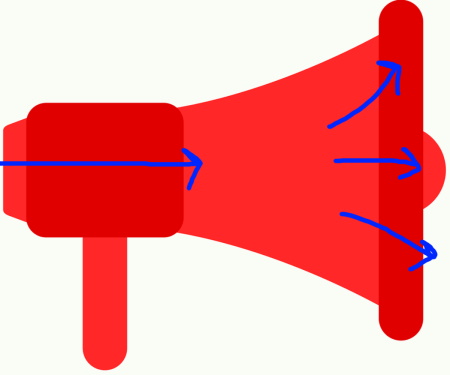
Processes must be built within the funnel to allow magnifying of your story/ product. For simple examples:
- If they like the content they just jumped on, is there a way for them to quickly contact people that they know- or do they have to sign up for something first? Which in itself is a road block.
- Is there something built into the actual product that they bought to allow sharing of cool stuff that they found?
- Is there anyway they can contact you quickly that they could be having an issue?
- Did you realise there are very few email subscriber comments/ endorsements when you sign up for newsletters? People just love you so much they want to subscribe?
- Affiliate programs can get complicated (3rd party resources help here) but they offer a way for your customers- who are already fans, to tell other people about your product and earn at the same time. People will buy from friends and most people will show their friends things that are cool. They will share on the social sites.
- Some companies put the messaging on the packaging (testimonials, ingredients, what it contains). So if it is left out people can see it.
- The idea behind the product is also a megaphone issue. BeardBrand- which has a really good story, gets talked about because of their story. The people there seem nice and willing to talk and help people. They also have a very guided mission- which in itself is talk worthy.
Then you have the need for the funnel when selling a product.
Sales funnels: The third funnel
What if you turn the funnel on its head? So the largest part of the funnel is on the ground? You see product picking and business survival is not about the initial product, it is about the future products.
So we have funnel 1 but now we integrate the third funnel.
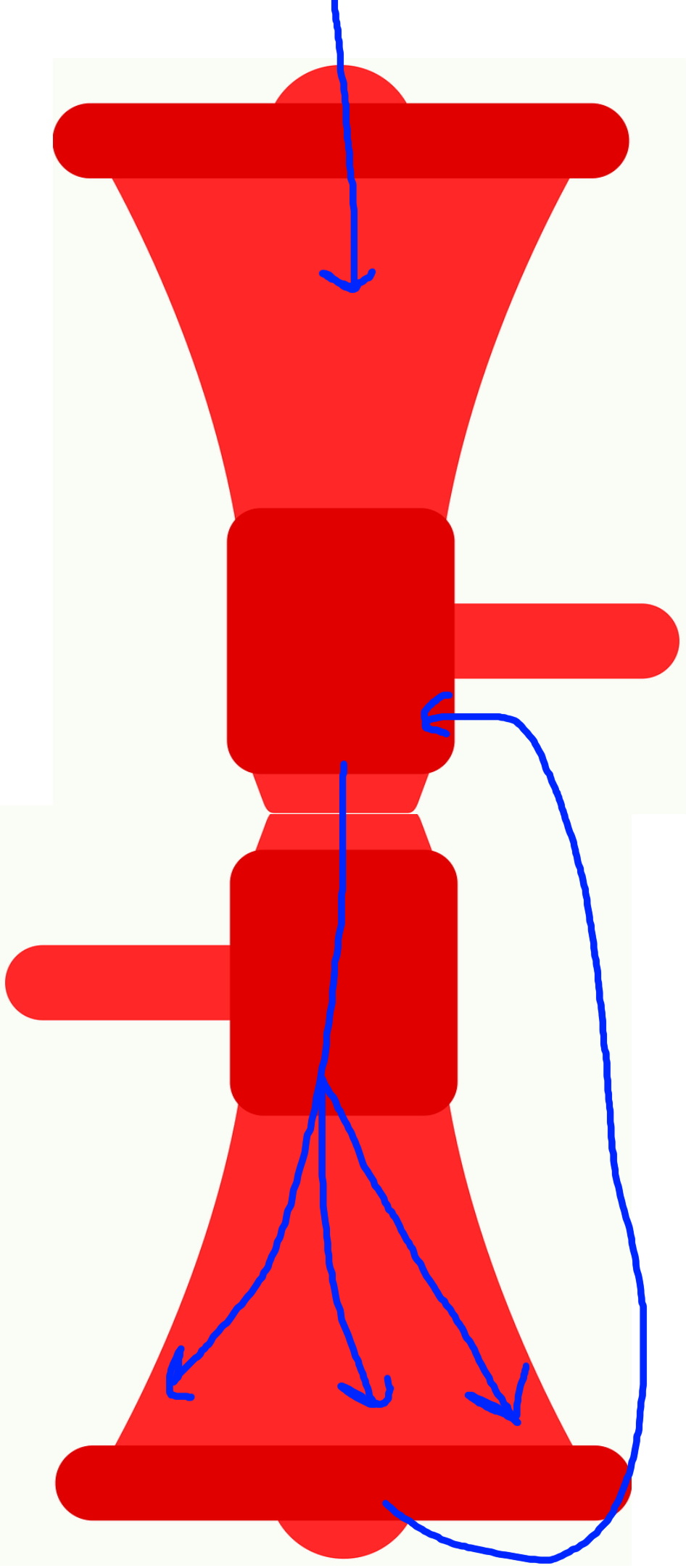
Money is in the list. That seems to get bashed down our throats every single day. But what marketers fail to mention is that the nicher the product the less future sales that you can make, unless it is a product which needs yearly updates.
Once you have solved someones issue then are you going to solve more issues or are you needing to get more people into your funnel to replace those sales?
Case in point.
I chose the niche: Feline Diabetes. Great subject, very niche. I found a cat diet/ cat health ebook (about $17) easy sale I thought.
Well it was. The only problem now is what do I sell again…again and again? Some people would go down the medication route but I have no knowledge of that (I want to be knowledgeable in the subject or else my loyal readers will go away. I do not want to just give out information to make a dollar).
Cat food? Unless it is really discounted and you link to a CPA, people will just go to Walmart or their fave pet store.
Cat beds and other cat hard goods? Maybe but then is that initial audience truly targeted?
And that is the case for flipping the funnel on to its head.
You can be as niche as you like but if there are no additional products in the future or there is no way to diversify then you are going to have problems.
It is also a different way to retain and to have a boarderline subscription business.
But Cat Diabetes? Sure you may own the niche, but heck, it isn’t going to make you rich by any stretch of the imagination. And it sure isn’t going to give you the most profitable aspect of sales- the back end product sale.
Always have more than one product to promote. This is fundamental in the fact that “how about if one was a poor seller?”
You need to test different products at different price points. Now what if a product gave you $24 commission wouldn’t that be great?
Yes and no. What if an equally good product gave you $47 commission? Nearly double the commission for exactly the same work. But you would have never have found that out. How about if you had a product that gave you $15 commission but had an insane conversion and retention rate?
Marketers never count on one product. Walmart never counts on one product. They have many, but they test. If a product is selling, they will keep it. If it doesn’t sell then it is gone. So why keep a loser?
But then when and how do you promote this product?
You test. You need a steady flow of traffic, or Adwords to guarantee a certain number of people.
Then test the initial offer/ email promotion. Does that work, or does a lower priced product convert better? Which one converts the most (clicks to sales)? Which one could be the follow up product? Does one naturally lead on from one to the other? In other words can one be tweaked in your promotion that it is a more advanced version?
See when promoting more than one product randomly and you have no idea what it is like, both could quite realistically have exactly the same information, but just worded differently. That will not make you a good reputation.
Sales funnels. There has to be some sort of feedback loops
Also notice the loop back to your internal sales funnel. You need people to stay with you. They need to be nurtured they need to be cared for. Because this can also be a leak point. Once they have what they want- then what?
New funnel?
There are new marketing funnels out there that involve loops and are more directed on the customers journey through the Internet. It contains the following:
- need to seek out a solution
- need to research
- buy
- aftercare
It is very amicable and I like it that people are figuring out the journey for their prospective customer. This should have been created within your avatar anyway (your perfect customer) so you would have a good idea where they probably would search. But there is one small flaw.
It assumes that you are in this loop without an idea of who your target customer is but it doesn’t really tell us about the function of a funnel and where those visitors go within that funnel. Which incidentally the 3 above funnels do :)
It is a nice stat that X% of people use search for their issues. But we know from our avatar that your customers don’t do that. They check the forum where their solutions to past problems have already been solved.
You also don’t care because you know that eventually, the customers that do buy, have serious intentions to your niche use search to eventually find that same forum and join. Because you know (through initial research and understanding of your avatar), that at some point in the future, they will have another problem because that is your niche. It has continual issues that you happen to have the solution for. A perfect example of this is the woodworking niche. There are tons of plans, books, tools, training videos that new and pro users uses- and do so on a regular basis. The community is strong and willing to help. They direct question askers to videos/ text and those links get clicked on.
So, eventually your funnel should look like this:
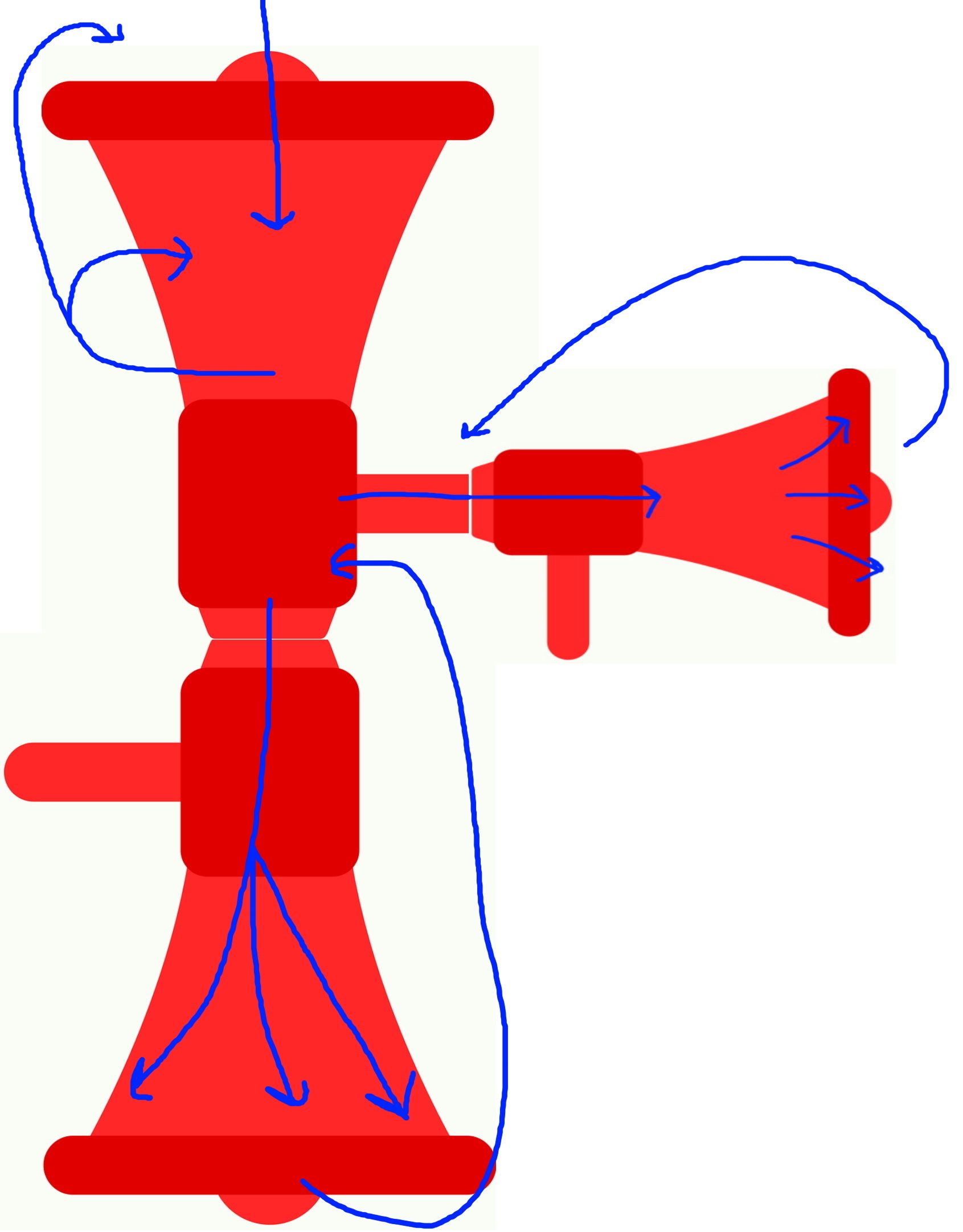
Each aspect of the funnel process can be- and should be, looped back to the main funnel.
Even acquisition of customer can be linked back to your funnel: maybe the top of the funnel or to a place in the funnel which is acceptable?
- Through re-advertisements (which are effective)
- As long as they haven’t unsubscribed) further content. The initial one probably didn’t pre-convince enough
But your funnels have to be sticky- especially once the buying/ goal has been achieved. Then what?
This is the issue with the expanding niche.
Just say you have sold person wanted to know about something that has already been sold to them- on your site, then your funnels should be intact and leading them back to your site with a solution or at least an ability for that person to contact you and enquire if you do actually have a solution (the loop back in funnel 3 the customer loyalty part?).
Customer loyalty, customer interaction and customer to vendor listening are vital sticky factors that will keep someone onto your site.
In the olden days I was emailed by Amazon to go through a questionnaire (offering a voucher for doing so). They were just selling books and they wanted to know what else I was interested in and they listed a whole bunch of different products.
There has to be a point where your eProduct can grow. You might have a really good idea to do so and you are probably 99% of the way there. But offering your customers a questionnaire helps them to be more sticky to your site and hold a feeling of “I helped them”. Participation is a huge sticky factor- the bonus helps but if you have done a good job in delivering on promises then your customers will help you out. I did and I felt proud to help even if they didn’t listen to my thoughts. Because Amazon was solving a solution (delivery of goods that were reliable, a fair price and would be held responsible).
The cat diabetes business, if I really sat down I should have started to email the clients that had bought my products. With what?
2 emails. One email session would have been to figure out what the audience wanted and how they reacted to various emails. If I sent cat pictures/ videos/ memes and saw which email had the best open rate (with a link to discuss each email creating more stickiness). The second email series would be a them what they wanted from the site. This would have created an opportunity then I could have easily targeted:
- Other common illnesses that cats have
- Cat behaviours
- Cat grooming
- Cat videos
- Cat memes
With the bottom couple of suggestions I am starting to go into participation in the site.
- People upload their videos,
- you can “react” to videos creating more videos.
- cat pictures
Now you can start building up the business. Once you have decent enough visitors/ users you can then start to add:
- your own brand of cat food targeting a certain age/ breed/ fur type
- your own cat litter
- specialty beds and bowls
Doing so initially is difficult because people can walk into a store and just buy. They are used to these things. Your brand- which is now what you are developing, gets larger and more recognised- especially if you did your initial job- the cat diabetes bit, awesomely.
Sales funnels are everywhere
That is the point. To seek out a solution there is a funnel.
This is what most people forget. They assume that funnels are only an aspect of the “buying” process. But this is not the case. Any time you do anything it is a funnel. You apply visitors to the top and you see what happens and where people go.
Sometimes funnels can get really confusing. If you are selling an ebook but you also have a sign up to your newsletter on the same page- what are you trying to measure? If you have traffic subscribing but not buying then…yay? Does that mean:
- you have convinced them more to subscribe to your newsletter
- they haven’t noticed your “sales page”
- there is too much going on
- they are not convinced of what you have written and they want more background information about you
- do they want free stuff?
A sales page is supposed to be just that- to have one goal- to sell something. It isn’t supposed to do anything else. It is not supposed to distract you from that process.
Every page on your site should do something. It shouldn’t just be there to make you look cool that you have wrote over 1000 words. What is it doing?
Then we have the newsletter funnel. You have subscribers who are going through your newsletter- do they like it, is there too much promotion, is it too blank, too much colour, too frequent? People will always unsubscribe but you can track the open rate, the unsubscribe rate, the movement around the email- do they click on links?
Sometimes that is why you shouldn’t over complicate things.
- Start with one process. Make it really awesome that you believe you have created the best page that you can do that has one sole goal. If it works then-
- Duplicate that page layout and design to promote other goals
- Only start another goal when you know the funnel that can be related to that goal and how to can create stickiness and reduce leaks.
How about vendor tools like affiliate articles? And how can vendors help the affiliate?
For the continuation of this, check out the rest of the ebook on Amazon here.
About. Updates. Disclaimer. Privacy. Mission/ Vision. FAQ. Newsletter.
Copyright © 2024- Jasonera.com All rights reserved
The Smart Way To Create Ebooks. The internal content sells more ebooks than just a cover. Here's the most effective ways to create the best content.
Amazon SEO For Ebooks. Amazons ranking is based on multiple factors. Here's the many ways to influence Amazons ranking for your benefit.
Buy On Apple, Kobo and tons of others. You can even rent it.
Ebook Selling Strategies That Work. What do the pros use to increases sales, repeated sales and future sales? Can you use them and are there common tactics?
Buy on Apple, Kubo and tons of platforms. And you can rent it.
Affiliate Product Secrets. Affiliate product picking is the most effective way to be successful in affiliate selling. Here are the most effective strategies that improve conversions, reduce refunds and improve earning.
Buy on Apple, Kubo and tons of platforms. And you can rent it.






